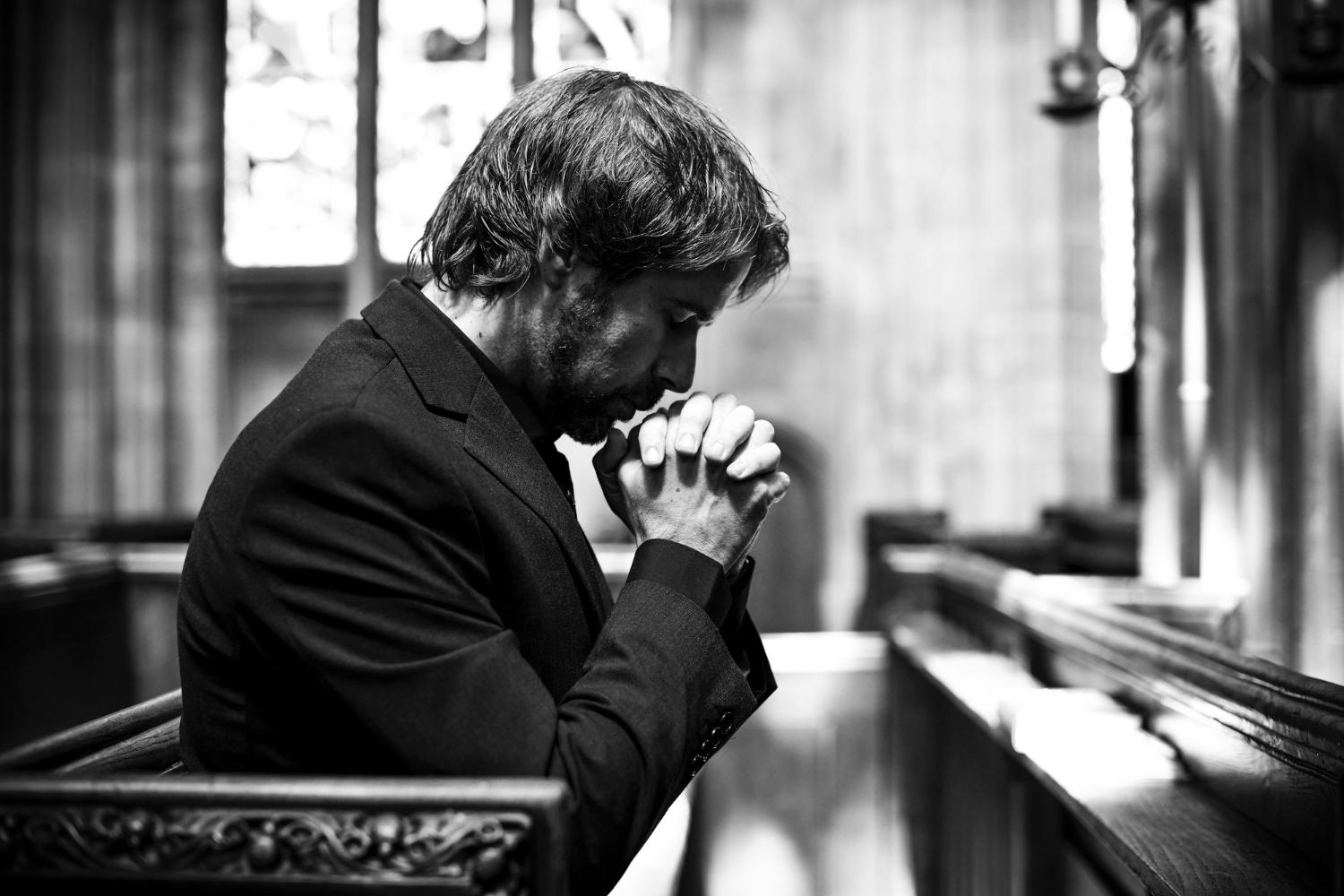Before we get to today’s article, I just want to mention that am writing from the perspective of a man that has experienced many of the challenges of which I write…. and those spiritual battles continue daily. The articles are implications of what it means to obey the commandment to raise your children in the discipline and instruction of the Lord. They require some reflection and are particularly for Christians who, as Peter would say, are diligently seeking to confirm their calling and are making every effort to supplement their faith. Said more succinctly, serious Christians. If you know other believers who desire to walk more faithfully with the Lord, please forward an article to them and tell them to sign up for future articles. Thanks so much!
During my 22 years as the leader of a Christian school, we used an application process for enrollment that included a request from the parents to tell us how they came to Christ. This was important because we viewed our role as one of partnering with the parents in the education of their children, and it was essential that we partner with parents who were mostly aligned with how we thought about God, man, family, children, and so on.
Hearing about this, you may believe that I enjoyed the thousands of testimonies that I read as I reflected on the grace and goodness of God in the lives of the parents, but that was not the case. What I learned from the testimonies was that many of the parents wrote about their conversion experience at a very young age followed by years of ignoring God. Then, typically after some tragedy in their life, they “reconnected with God” and began to live their lives as Christians. However, within the group that had that kind of testimony, many of the parents were living lives that still did not reflect what the Bible says about Christian living. In hearing more about their history, their views on parenting and education, and their conversations (or lack thereof) about Christ, it was difficult to see any difference between them and a non-believer.
So, apart from asking and answering the obvious question, “were they Christians or not?” there is something incredibly important to discern from this situation: the parents that I have described above did not understand what the Bible says about the absolutely necessary change in the life of a believer when they become born again Christians. Why is this so important? Because every person who claims that they are a Christian must know that the Bible says that a changed heart demands a changed life, and if they have not had that changed life, they need to go to Christ for true salvation. In fact, these types of professing Christians may be the kind of professors that Christ talked about in His teaching on the Sower of seeds in Matthew 13:3-9 and verses 18-23.
But the problem is broader in its scope and depth. We know that the Bible teaches that unsaved people are blind to the truth, so it is unlikely the person who thinks they are a Christian and are not, will be able to recognize their predicament. That means that someone must tell them, but because no one wants to have that conversation and most churches refuse to preach this truth, the person in this predicament goes on merrily toward perdition.
This avoidance of the truth, or ignorance of it, is often seen in parents when they have a young child who has made a profession of faith, but after several years is behaving like the devil. This can cause parental confusion and regularly results in a discussion with their pastor for advice. Tragically, instead of dealing with the reality of the situation and having serious conversations with the child about the legitimacy of their Christian walk, parents are told to trust the day that the young person made their profession, and the situation continues.
What specifically are we talking about when we talk about change in the life the believer? We are talking about sanctification and for a wonderful guide on what the Bible says about sanctification, we head back to J.C. Ryle’s book Holiness. It is impossible to get even 5% of what Ryle says about the chapter on sanctification into a couple of short articles, but I’m going to attempt to pluck the best of the best. You and I need to have a proper understanding on this subject for the sake of ourselves, family, and friends.
Ryle want to give us 12 points on the nature of sanctification. Twelve points? Yikes, yes, hang in there with me.
- Sanctification is the invariable result of that vital union with Christ which true faith gives to the Christian. He cites John 15:5 where Jesus says, he that abides in Me and I in him, will bring forth much fruit. Ryle writes that the union with Christ that produces no effect on the heart is a mere formal union, and worthless to God. True faith constrains a man to love and being forgiven much, he loves much. He walks in the light and has a lively hope in Christ (James 2:17-20; Titus 1:1; Gal. 5:6; 1 John 1:7; 3:3).
- Sanctification is then inseparable consequence of becoming a Christian because the Christian receives a new nature that always leads to a new life. He does not go on committing the same old sins because he has been born of God (1 John 3:9).
- Sanctification is the only certain evidence that a man has the indwelling Holy Spirit which is essential to salvation and if any man does not have the Spirit of Christ, he is none of His (Romans 8:9). And the Spirit of God never lies dormant and idle in the soul. He always makes His presence known (Galatians 5:22). By the way, this is fact that many who wrote their testimonies for me did not understand. Ryle continues, it is nonsense to believe that we have the Spirit in us if we do not walk in the Spirit.
- Sanctification is the only mark of election because the Bible is clear that elect men and women may be known by their holy lives. When Paul sees the working faith and love of the Thessalonians (2 Thess. 2:13), he says, “I know your election of God.” Ryle comments, “He who says he one of God’s elect while he is willfully and habitually living in sin, is only deceiving himself. Where there is at least not some appearance of sanctification, we may be quite certain there is no election.” (1 Peter 1:2; Romans 8:29, Ephesians 1:4; 1 Thess. 1:3-4)
- Sanctification is a thing that will always be seen. A truly sanctified person may be so clothed with humility that he can see in himself nothing but sin and defects. Like Moses, when he came down from the mountain, he may not be conscious that his face shines. But whether he sees it himself or not, others will always see in him a tone and taste and character and habit of life unlike that of other men. Light may be very dim, but if there is only a spark in a dark room, it will be seen.
- Sanctification is a thing for which every believer is responsible. Ryle holds as strongly as anyone that every man on earth is accountable to God, and on that last day all the lost will be speechless and without excuse. Believers are eminently and particularly responsible and under a special obligation to live holy lives. They are not as others, dead and blind and unrenewed; they are alive to God and have light and knowledge and a new way of living within them. God has given them a new heart and new nature and they are deprived of all excuse if they do not live for his praise. This is a point which is far too much forgotten. A man who professes to be a true Christian, while he sits still, content with a very low degree of sanctification, and coolly tells you he can do nothing is a very pitiable sight and a very ignorant man.
- Sanctification is something which grows in degrees. This truth can be found in the Bible where Jesus prays to sanctify His people and Paul writes to the Thessalonians praying, “may the very God of peace sanctify you.” This proves that Christians will grow in their knowledge and faith over time and that it is possible that every Christian no matter where they are in their Christian life, can increase in sanctification (John 17:17; 1 Thessalonians 5:23). All Christians would agree that they understand more, and feel closer to God, and see their sins more, and believe more as they get on in their Christian life. They grow in grace as Peter exhorts believers to do and abound more and more according to the words of Paul (2 Peter 3:18; 1 Thessalonians 4:1).
- Sanctification is a thing which depends greatly on diligent use of scriptural means such as Bible reading, private prayer, and regular attendance at a faithful church. Anyone who is careless about such things must never expect to make much progress in sanctification.
- Sanctification is a thing which does not prevent a man from having a great deal of inward spiritual conflict. By conflict Ryle means we may struggle within the heart between the old nature and the new. Ryle points us to consider the language of Paul in the 7th chapter of Romans. He commends a careful study to see that the battle Paul is in does not describe the experience of an unconverted man, or of a young and unestablished Christian. But, it is the description of an old, experienced saint in close communion with God.
- Sanctification is a thing which cannot make a man right with God, and yet it pleases God. The holiest actions of the holiest saint that ever lived are all more or less full of defects and imperfection. They are either wrong in their motive or defective in their performance. However, the Bible distinctly teaches that the holy actions of a sanctified man, although imperfect, are pleasing in the sight of God (Hebrews 13:16; Colossians 3:20; 1 John 3:22).
- Sanctification is a thing which will be found absolutely necessary as a witness to our character in the great day of judgment. The question will not be how we talked and what we professed, but how we lived and what we did. It is certain that men’s works and doings will be considered and examined in it (John 5:29; 2 Corinthians 5:10; Revelation 20:13).
- Sanctification is absolutely necessary in order to train and prepare us for heaven. To be really happy in heaven, it is clear and plain that we must be somewhat trained and made ready for heaven while we are on earth. The favorite idea of many, that dying men need nothing except forgiveness of sins to have them ready for that great change that will occur from this life to the next, is a profound delusion.
Well, I am done with the 12 points that Ryle has on the nature of sanctification. I know, it is a ton. But, these are truths that deserve our deepest thinking, and will have practical use as we interact with friends, family, and especially our children. Remember Ephesians 6:4: we are to raise our children in the discipline and instruction of the Lord.
Podcast: Play in new window | Download
Last modified: January 6, 2023




